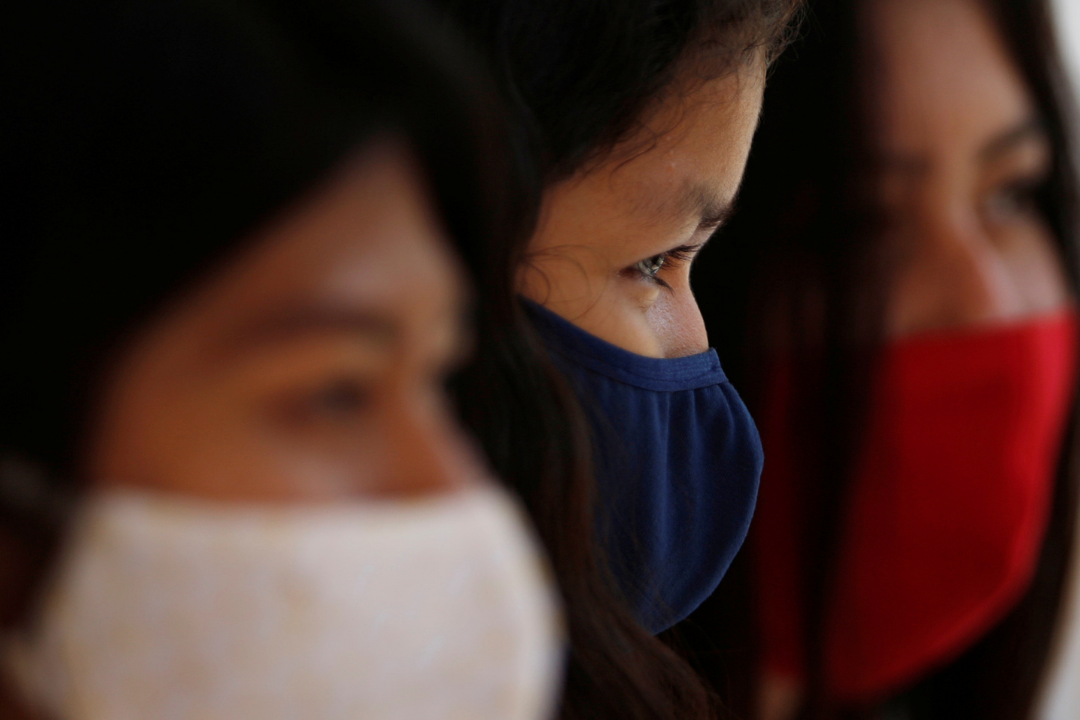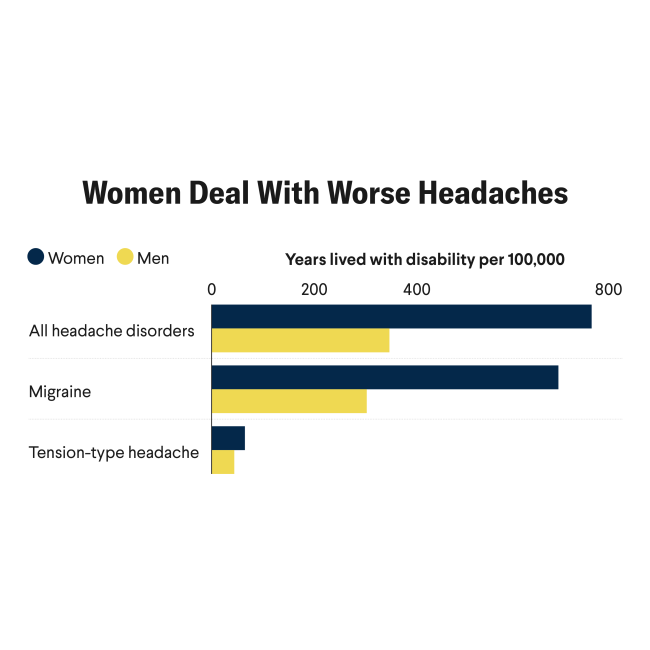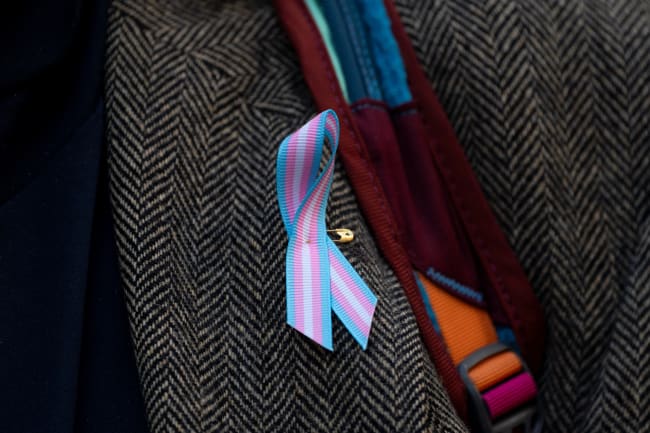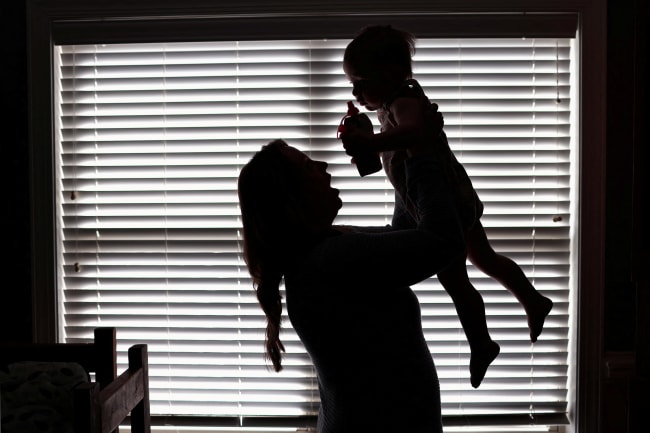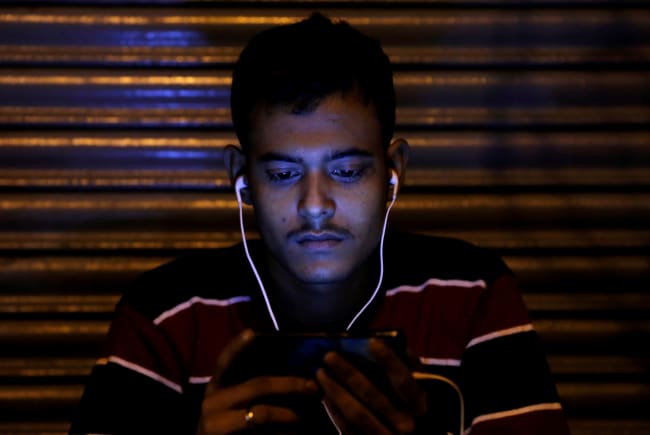The United Kingdom recently announced a dramatic reduction in its funding to the UN Population Fund (UNFPA), a critical provider of family planning supplies and support around the world. With this move, the United Kingdom has taken a side on a key human rights and global health issue—one that has already come under threat during the pandemic.
The most obvious impact of the COVID-19 pandemic on reproductive health and rights has been the closing of clinics and services, many temporarily but often with uncertain plans for reopening. This is especially problematic given the time-bound nature of many reproductive health concerns. In Panama, Albania and other Balkan states, clinic closures have led to unwanted pregnancies, medically unattended births, and unsafe abortion practices. In Brazil, Human Rights Watch reported in June 2020 that even contraception had been deemed "not urgent" by some local authorities. A more recent opinion piece in the BMJ highlighted how Brazil's COVID-19 response is failing pregnant women, noting that there has been a marked increase in deaths of pregnant and postpartum women as a result of COVID-19.
"The closing of clinics has been especially problematic given the time-bound nature of many reproductive health concerns"
In Europe, some countries imposed additional restrictions or even bans on abortion services during the pandemic. Notably, several others acted to expand access through telemedicine, extended gestational limits, and self-managed care.
Travel restrictions have also had an impact on women's access to reproductive health services, including within the United Kingdom itself. In Northern Ireland, a 2019 legal change allowed abortion in the country, but the government has done little to commission or fund services. A temporary emergency medical abortion service was created in March 2020 to respond to pandemic travel restrictions, but was discontinued in October 2020, leaving women without options during the third lockdown in early 2021.

Troublingly, the pandemic's effects are also apparent in how patients seeking reproductive health services are treated. In a Lancet Global Health study, researchers reported that if routine health care was disrupted and access to food decreased due to health system collapse or intentional choices made in responding to the pandemic, that the increase in child and maternal deaths would be devastating.
The impacts of this are even starker in humanitarian crises and conflict settings, where 60 percent of preventable maternal deaths occur globally. In crisis settings, increases in sexual and gender-based violence, early and forced marriage, homophobia and transphobia also occur, and the harms that result in critical reproductive health needs are being overlooked. Health services were already weak in these spaces, but the pandemic has only further compromised them while also aggravating the crises themselves.
"Gender equality cannot be achieved without serious commitments supporting sexual and reproductive health rights"
This is much more than a health issue. It is a question of rights and bodily autonomy, a point UNFPA drives home in its 2021 flagship report, My Body is My Own. When rights are allowed to fall away from the agenda for reproductive health, we are left with a less complete vision of bodily autonomy—one that is subject to assessment and leaves little room for wellbeing, dignity, consent, and agency. As a result, women suffer significantly, and especially the most marginalized women, girls, and gender-diverse people including migrants and refugees, LGBTQIA+ people, people with HIV, sex workers, and people with disabilities. The United Kingdom's cuts will have a devastating effect on women, girls, and gender-diverse peoples' access to health care and on their ability to exercise their rights for care.
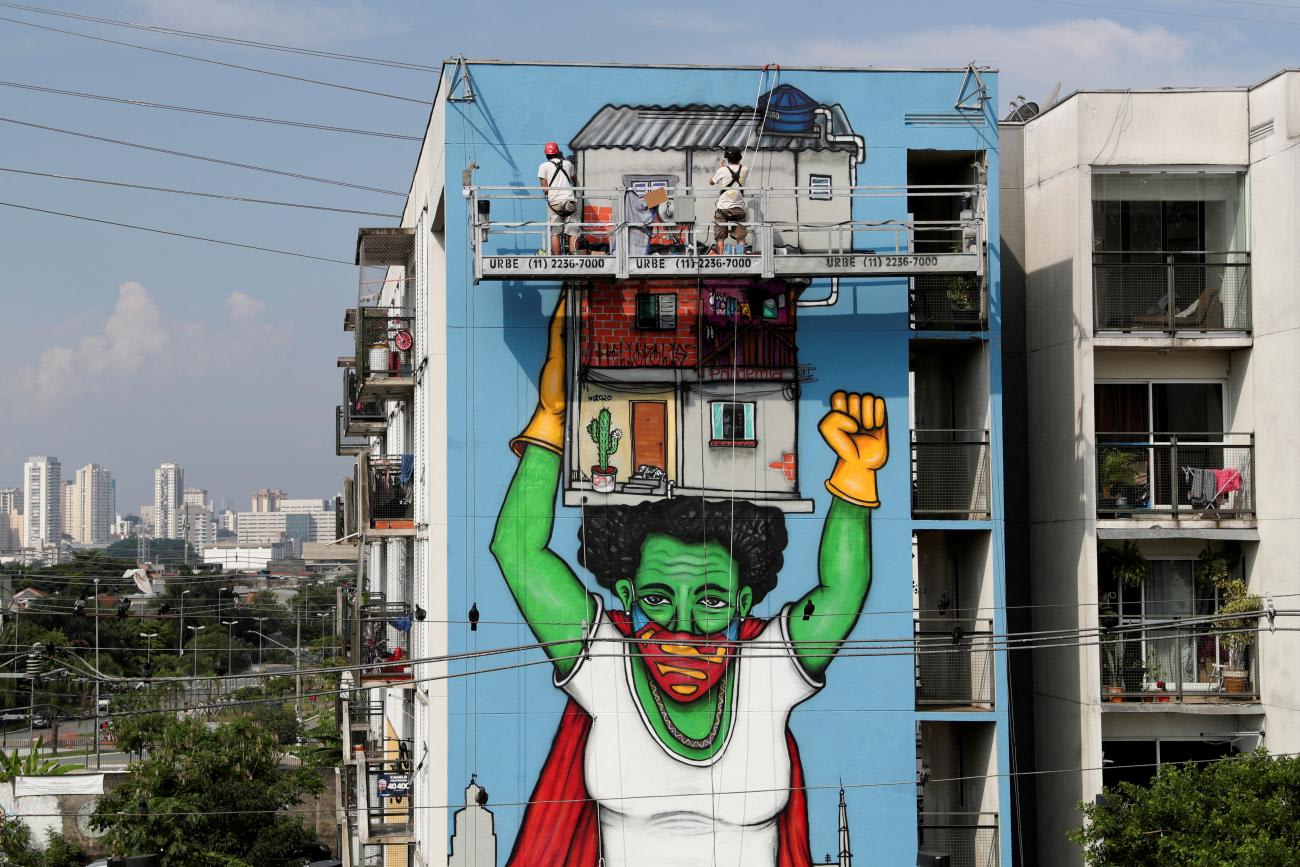
When it comes to reproductive rights, the international community is standing at a crossroads. Last year, 59 governments joined in a statement in May 2020 reaffirming that reproductive health services are essential during the pandemic, taking a stand for essential health services and fundamental rights. The United States also recently repealed the Mexico City Policy—also known as the "Global Gag Rule"—meaning that U.S.-funded organizations around the world can once again provide safe abortion services, referrals, or advocacy without losing U.S. support.
As the Generation Equality Forum—convened by UN Women and co-hosted by the governments of France and Mexico—takes place in Paris this week, governments and organizations are being urged to take action on gender equality. This cannot be achieved without serious commitments supporting sexual and reproductive health rights. Countries can commit to meaningful action for reproductive rights. Where the pandemic has revealed the precarity of progress to date, now can be the time to ensure that the rights and dignity of women are never again left to hang by a thread.
